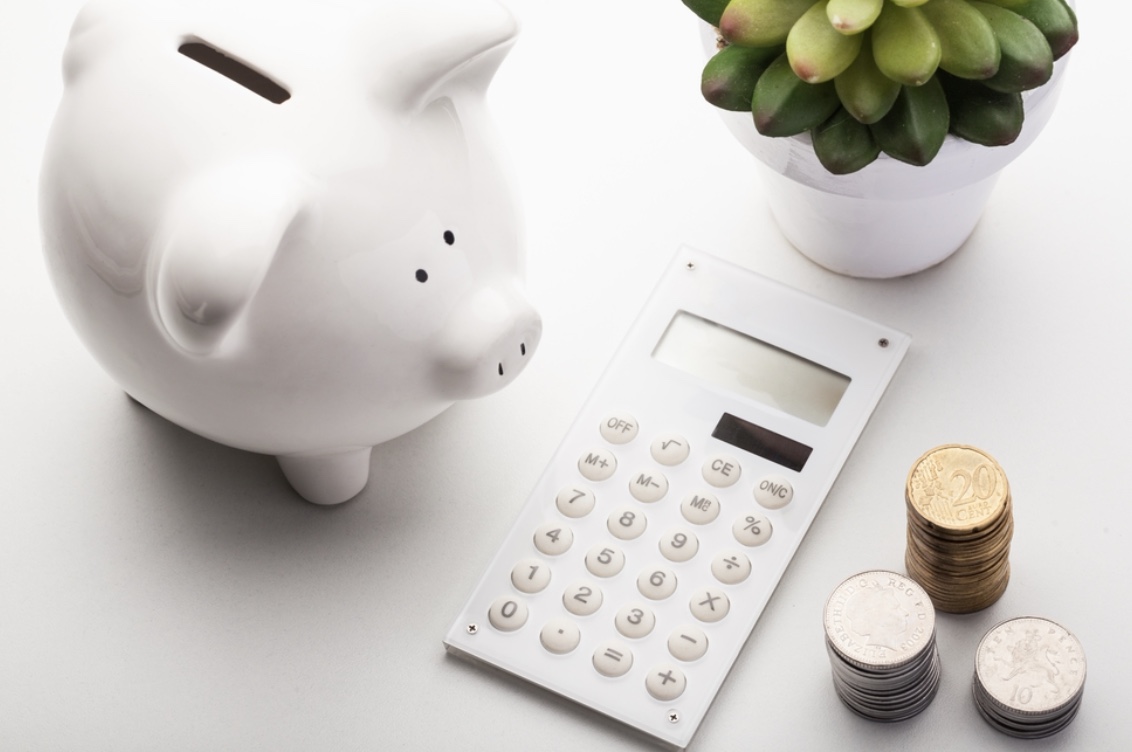The Covid-19 pandemic has been a blight for many people’s finances. Between widespread job losses, an inability for some people to work due to illness, and employers everywhere tightening purse strings, it’s completely normal for your finances to be adversely affected. This is, after all, a world-shattering event; many of the things we once took for granted have been shaken to their core by Covid, so it’s not just you. However, if you are affected, there are things you can do. While many of the things that have impacted your finances are out of your control, others aren’t. Here are 7 things you can do if Covid has hit your finances hard.
1. Don’t panic
First and foremost, it’s important not to panic. This is more of a thing you shouldn’t do than a thing you can do, but you can retain control over your emotions and try to master them. It can be difficult not to panic if you’re in financial straits from Covid; after all, none of us knows exactly when we’ll be returning to normality. However, panicking will only make things worse. It’ll cloud your judgement and stop you from making sound, logical decisions. If you feel yourself starting to panic, take stock of your situation. What exactly needs to be done and in what order? Once you’ve established that, you can create a plan to take action rather than living in your mind.
2. Think about a loan
If your financial distress is short-term, then you might want to consider taking out a loan to help you get through it. We should stress that a loan shouldn’t be considered if you’re in long-term financial trouble; adding repayments to your list of woes will only exacerbate the problem. However, if it’s a quick foxhole you need to escape, a loan could be the right way to go. If you’re lucky enough to be a homeowner, you could consider a second mortgage loan as a way to escape financial trouble. Once you’ve dealt with whatever problem is causing you grief, you can begin repayments safe in the knowledge that you’ve overcome the immediate issue.
3. Get priorities straight
Some payments will inevitably be more important to make than others. If you’re facing a financial dry spell because of Covid, try to prioritise things that take precedence. Bills, for example, are more important than entertainment, and food takes precedence over renovation or DIY work (assuming it’s not an essential repair, of course). You can do this by taking a look at your bank account and sifting through all of the payments you make on a regular basis. Write down the ones that you think are priorities, and talk to your partner or family if you have one. The important thing is to face up to it; if you try to ignore your problems, they’ll only get worse.
4. Create a strict budget
The importance of creating a budget for yourself cannot be overstated. By creating a budget, you’re not only allocating money where it needs to be spent; you’re also taking control of your own financial destiny. Creating a budget is deceptively simple. All you need to do is take stock of your income and spending, then tally them together and see where you could make improvements. Are there subscriptions you no longer use or need? Could you make cuts on travel expenses? You’d be amazed what will quickly become apparent to you when you create a budget. All you need to do is sit down and take a few hours sorting through your finances.
5. Give up the branded shop
There are plenty of ways to save money when you’re shopping at a supermarket. Giving up major brands is a great way to make sure you’re not overspending, because all too often, own-brand supermarket alternatives taste or work just as good as the normal brands you would buy on a regular basis. Similarly, if you shop around and don’t simply settle for the first bargain you see, you can get major brands at hugely discounted prices. The important thing is not to simply settle; if you make sure to exercise all the hallmarks of a savvy consumer, you’ll be able to get big discounts without compromising on quality.
6. Dip into savings
This is the “rainy day” you’ve been saving for. If you’re struggling with money, don’t treat your savings as sacred; dip into them as and when you require. There’s a tendency among those who save to see savings as something that should never be breached, but if you don’t use the money you have saved up, then it’s not really money; it’s just an abstract number. Try to be sparing with how often you’re using savings, of course – you don’t want to spend everything you have and be left with nothing. However, if you’re in a dire situation, that’s exactly what your savings are for, so don’t be afraid to resort to that if you need to.
7. Talk to people around you for help
One of the worst things you can do when you’re in financial trouble is to suffer in silence. British people find it much more difficult to talk about money and their financial situation than those of other nationalities, so if you’re a Brit and you’re struggling to start that conversation, you’re not alone. However, the first step to getting help with money is acknowledging that you need it. Not everyone has been massively adversely affected by the coronavirus in financial terms; you may find that someone near you is well-placed to help you, and if you don’t ask, you’ll never know. Don’t be afraid to strike up that conversation.






